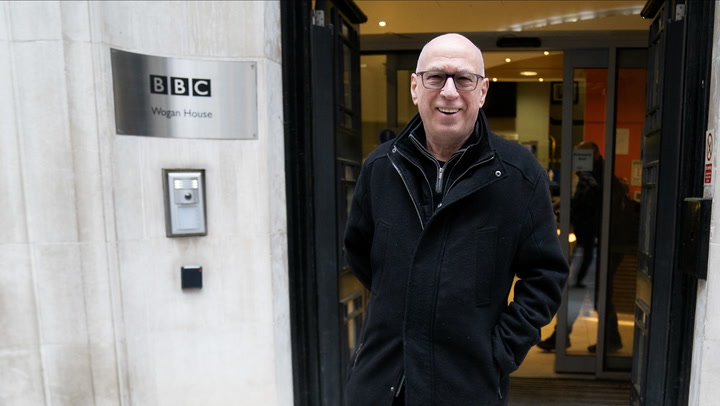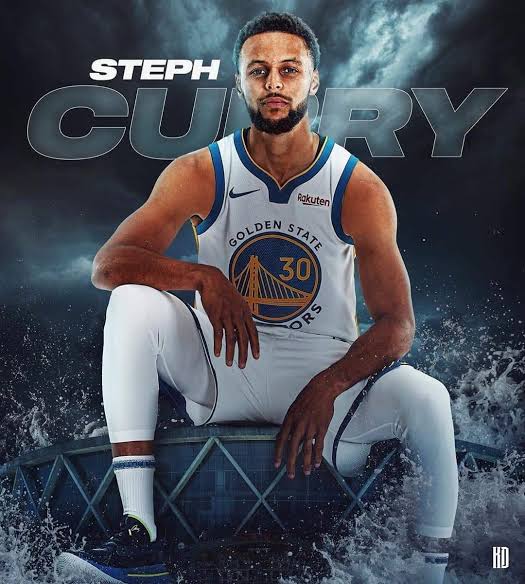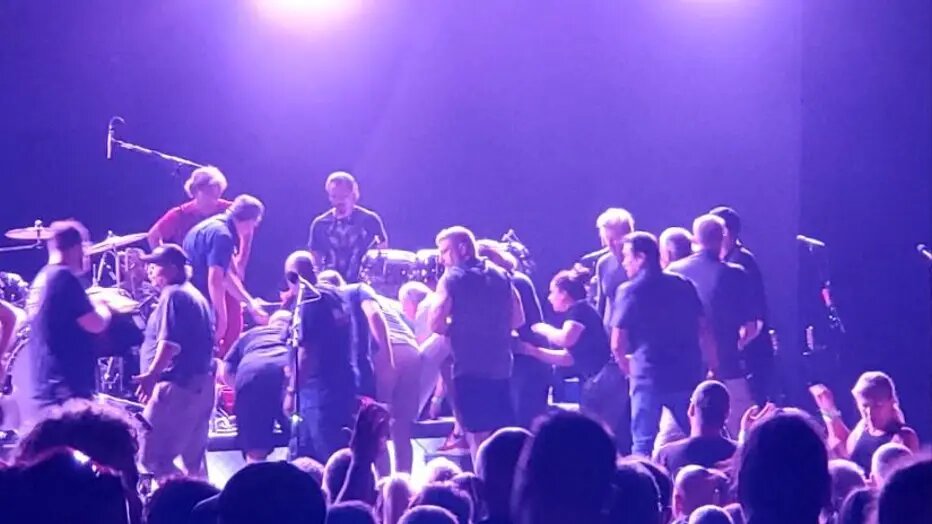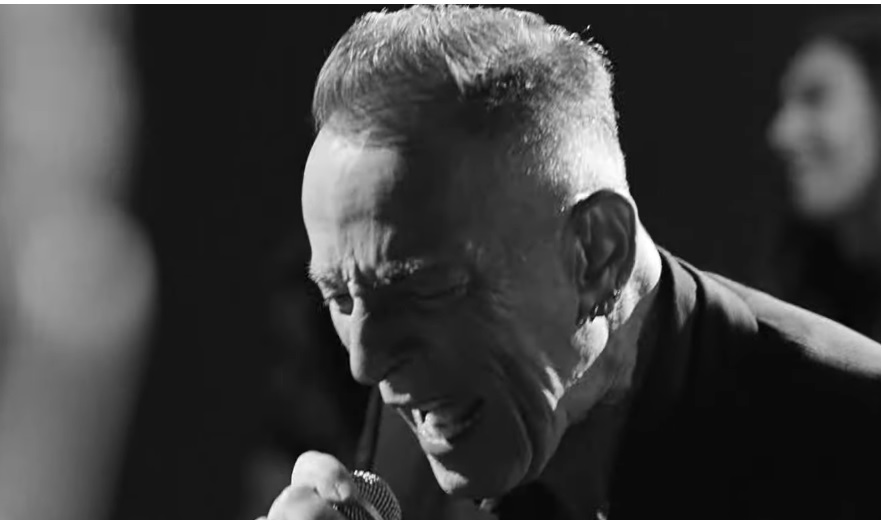 Ken Bruce has added 1.6 million listeners since joining Greatest Hits Radio, as commercial radio stations continue to eat into the BBC’s audience.
Ken Bruce has added 1.6 million listeners since joining Greatest Hits Radio, as commercial radio stations continue to eat into the BBC’s audience.Bruce left Radio 2 last year, saying the BBC had failed to offer him a new contract and he wanted a challenge. Aided by his regular PopMaster quiz, he has boosted the audience for his new mid-morning slot on Greatest Hits Radio by 73% in the last 12 months.
Although Radio 2 remains the UK’s biggest station with 13.2 million weekly listeners, its audience has fallen substantially since Bruce’s departure. The station, which now appears to be stabilising, is also courting a younger demographic in a move to remain relevant in the knowledge this will drive away some older listeners.
Almost every national BBC radio station – with the exception of Radio 3, the Asian Network and the World Service – experienced a drop in listeners in the last year. According to the latest Rajar listening figures, which cover the first three months of 2024, the decline was particularly bad at BBC local radio stations. They have been hit with deep cuts to output where many local stations share programming in the afternoons and evenings on a regional basis.
In recent years many commercial stations have benefited from increasingly popular digital-only offshoots playing music from particular decades, such as Absolute 80s or Heart 90s.
The BBC has been late to adopt this strategy but is now trying to play catchup by launching four stations on digital radio featuring variants of nostalgia versions of Radio 1 and Radio 2, a calming classical version of Radio 3, and a dance music spin-off from Radio 1.
As a result it is facing pushback from commercial rivals who say the BBC is abusing its position with the plans.
Boom Radio, which was launched in 2021 and targeted at disaffected baby boomers who used to listen to Radio 2, has accused the BBC of muscling in on its turf with plans to launch a digital-only Radio 2 offshoot aimed at older listeners. Boom Radio has built up a loyal audience of 600,000 listeners who tune in to hear DJs from the 1960s play music aimed at the over-55s.


